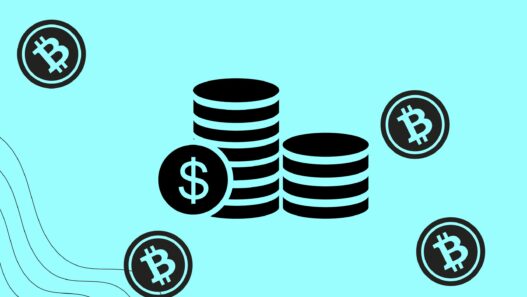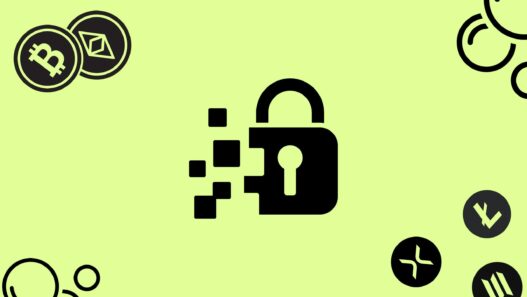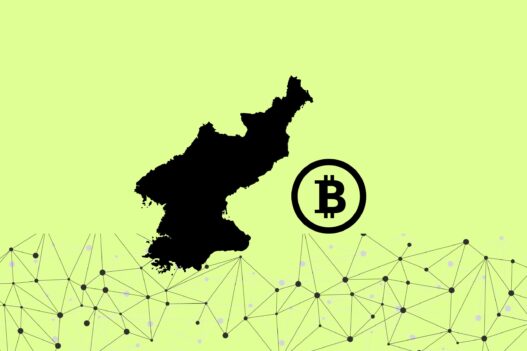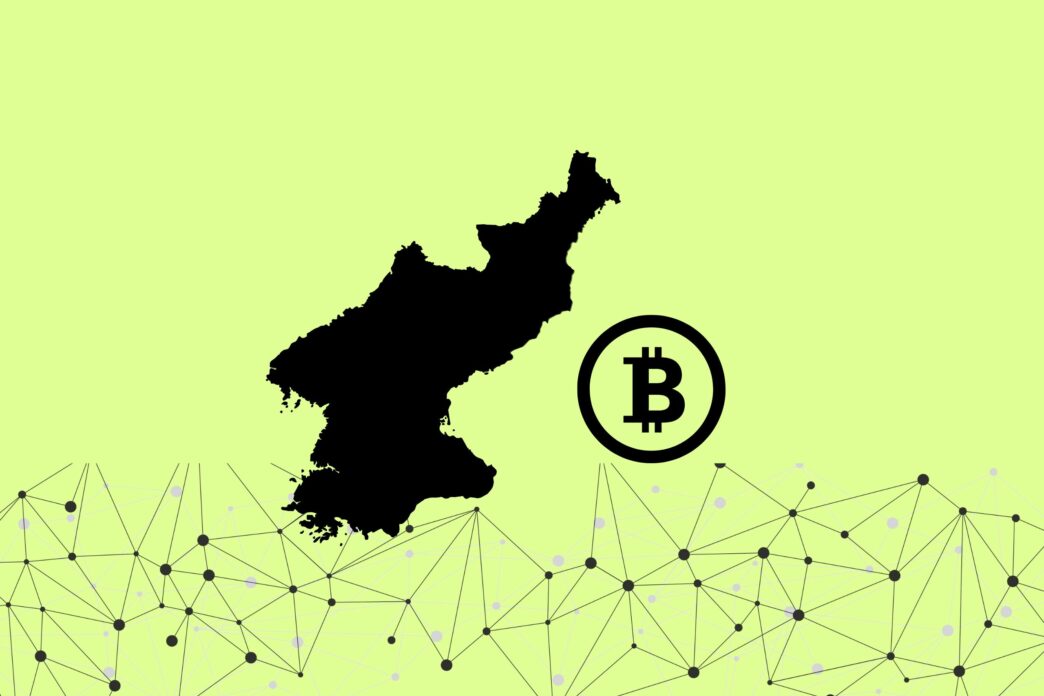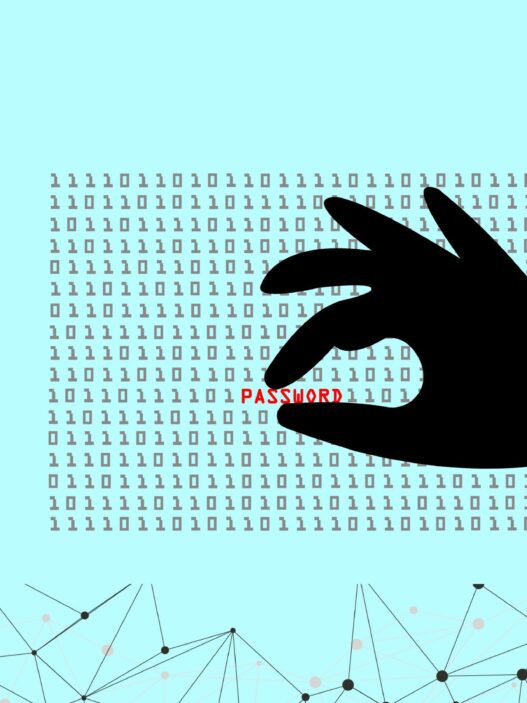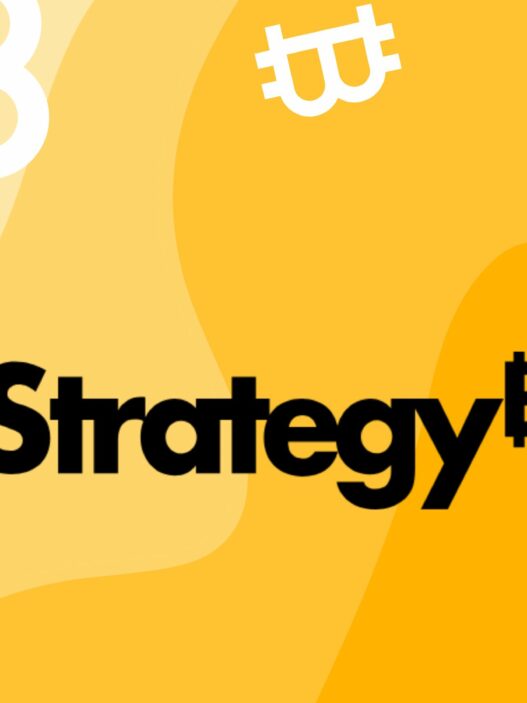Recent reports suggest that North Korea has dramatically increased its Bitcoin holdings, sparking speculation that the isolated nation may be developing a strategic cryptocurrency reserve. The rise in North Korea’s crypto wealth is largely attributed to state-sponsored cyberattacks, particularly the recent Bybit hack, which resulted in the theft of $1.5 billion in digital assets. But is North Korea truly pushing for a Bitcoin reserve, and what could be the geopolitical and economic implications of this move?
North Korea is now estimated to be among the top five government holders of Bitcoin, surpassing countries like El Salvador and Bhutan. Reports indicate that the infamous Lazarus Group, a state-backed hacking collective, converted stolen Ether from the Bybit hack into 13,518 BTC, worth approximately $1.14 billion. This strategic shift from altcoins to Bitcoin has fueled speculation that Pyongyang is building a long-term cryptocurrency reserve to counter international sanctions and support its economy.
North Korea’s Growing Crypto Holdings
The Role of the Lazarus Group
The Lazarus Group has been linked to multiple high-profile cyber heists over the past decade, including the $600 million Ronin Network breach in 2022 and the $308 million DMM Bitcoin attack in 2024. These cybercriminals use sophisticated money laundering techniques, including decentralized finance (DeFi) protocols and mixing services, to obscure the origin of stolen funds before converting them into Bitcoin.
Despite increasing international efforts to track and freeze these assets, North Korea remains adept at evading sanctions. The country is reportedly using stolen cryptocurrency to fund its nuclear weapons program and sustain its regime.
Strategic Motivations Behind a Bitcoin Reserve
1. Circumventing Sanctions
North Korea has been under heavy economic sanctions from the United Nations and the U.S. for years. Bitcoin and other cryptocurrencies offer a way for the country to conduct financial transactions outside the traditional banking system, reducing the impact of these restrictions.
2. Hedge Against Global Economic Uncertainty
If North Korea is indeed stockpiling Bitcoin, it could be following the strategy of other nations that see BTC as a hedge against inflation and financial instability. The United States recently established its own Strategic Bitcoin Reserve, further reinforcing Bitcoin’s role as a sovereign asset.
3. Long-Term Investment Potential
Bitcoin has been one of the best-performing assets of the past decade. Holding Bitcoin could provide North Korea with an appreciating financial asset that can be liquidated when needed.
International Reactions and Countermeasures
Governments and cybersecurity firms have intensified their efforts to track and intercept North Korea’s crypto transactions. Major exchanges, including OKX and Bybit, have frozen suspicious funds linked to the Lazarus Group, and European regulators are investigating whether these platforms have been used for illicit activities.
However, due to the decentralized nature of Bitcoin and blockchain technology, completely blocking North Korea’s access to cryptocurrency remains a challenge. Analysts warn that the country’s cyber capabilities continue to evolve, making future attacks and fund movements more difficult to prevent.
A New Financial Weapon?
While North Korea has not officially confirmed that it is building a Bitcoin reserve, its increasing crypto holdings and reliance on digital assets suggest that Bitcoin is playing a crucial role in the country’s financial strategy. Whether this accumulation is a deliberate reserve strategy or simply the result of cybercrime, the implications are significant for global security and financial stability.
As governments ramp up efforts to counter North Korea’s illicit crypto activities, the ongoing cat-and-mouse game between regulators and cybercriminals will likely shape the future of crypto-based financial warfare.
Who Else is Building a Bitcoin Reserve?
While North Korea’s alleged Bitcoin strategy remains shrouded in secrecy, several other countries have taken transparent steps toward building Bitcoin reserves, either through seizures, strategic purchases, or mining operations.
1. The United States
The U.S. government holds the largest Bitcoin reserve globally, estimated at 212,000 BTC (valued at over $7 billion as of 2025)
coinmarketcap.com. These holdings primarily come from criminal seizures, including the Silk Road takedown and the Bitfinex hack. While the U.S. has historically auctioned off seized Bitcoin, there are increasing discussions on whether to hold it as a strategic reserve.
2. China
Despite banning cryptocurrency trading and mining, China reportedly holds around 194,000 BTC (worth approximately $6.74 billion). These reserves were primarily acquired through crackdowns on scams such as the PlusToken Ponzi scheme. Unlike the U.S., China appears to be hoarding its Bitcoin rather than liquidating it, possibly as a hedge against future economic shifts.
3. El Salvador
El Salvador made history by adopting Bitcoin as legal tender in 2021 and has since been actively accumulating BTC. As of 2025, it holds approximately 6,000 BTC, worth over $200 million. The country has also launched a “1 Bitcoin per day” accumulation strategy, reinforcing its belief in Bitcoin as a financial safety net.
4. Bhutan
Unlike other nations that acquire Bitcoin through seizures or purchases, Bhutan has directly invested in Bitcoin mining using its renewable hydropower resources. The country now holds over 13,000 BTC, worth nearly $800 million. This positions Bhutan as one of the most unique players in the Bitcoin reserve race, leveraging green energy to accumulate digital wealth.
5. United Kingdom
The UK government holds 61,000 BTC (valued at about $2.12 billion). Like the U.S., these reserves mainly come from seizures related to financial crimes. However, the UK has been more proactive in auctioning its holdings, using the proceeds to fund law enforcement and other government initiatives.
6. Ukraine
Ukraine holds around 1,200 BTC, largely donated by supporters during its conflict with Russia. Bitcoin has been a crucial asset for the country, enabling it to fund military and humanitarian efforts while bypassing traditional banking limitations.
How Will the Bitcoin Reserve Race Impact Global Economics?
1. The Rise of Bitcoin as a Geopolitical Asset
The accumulation of Bitcoin by various nations signals a paradigm shift in global finance. Bitcoin, once dismissed as a speculative asset, is now being viewed as a strategic financial tool capable of acting as a hedge against currency devaluation and inflation.
2. Economic Sanctions and Crypto Workarounds
Countries facing economic sanctions—such as North Korea, Russia, and Iran—have increasingly explored cryptocurrencies to bypass restrictions. A Bitcoin reserve would allow them to conduct transactions outside of SWIFT and the traditional banking system, reducing their dependency on the U.S. dollar.
3. Competition for Scarce Bitcoin Supply
Bitcoin’s finite supply of 21 million coins makes it a scarce asset. As more governments accumulate Bitcoin, competition for remaining BTC supply will intensify, potentially driving prices higher. Some analysts predict that countries acquiring Bitcoin early will gain financial leverage over those that ignore it.
4. Will the U.S. and China Compete for Bitcoin Dominance?
The two largest economies—the U.S. and China—are adopting vastly different approaches to Bitcoin. The U.S. has been cautious but open to holding BTC as an asset, while China has banned Bitcoin trading yet still retains a massive stash from past confiscations. If China decides to integrate Bitcoin into its financial system, this could reshape global monetary policies.
What Does The Future Hold
While North Korea’s alleged Bitcoin reserve strategy remains speculative, it fits within a broader trend of nations accumulating BTC as a strategic asset. Countries like the U.S., China, El Salvador, and Bhutan have all taken different approaches to Bitcoin reserves—some through purchases, some through seizures, and others through mining.
As Bitcoin adoption continues to grow, competition among governments to acquire BTC will likely intensify, potentially influencing global finance, sanctions policies, and the future of digital currency as a reserve asset. Whether North Korea is indeed stockpiling Bitcoin remains uncertain, but if it is, it would be joining a fast-growing list of nations betting on crypto to shape their economic futures.





